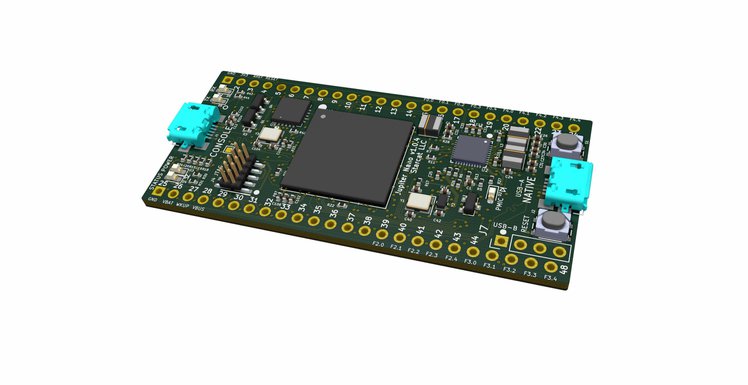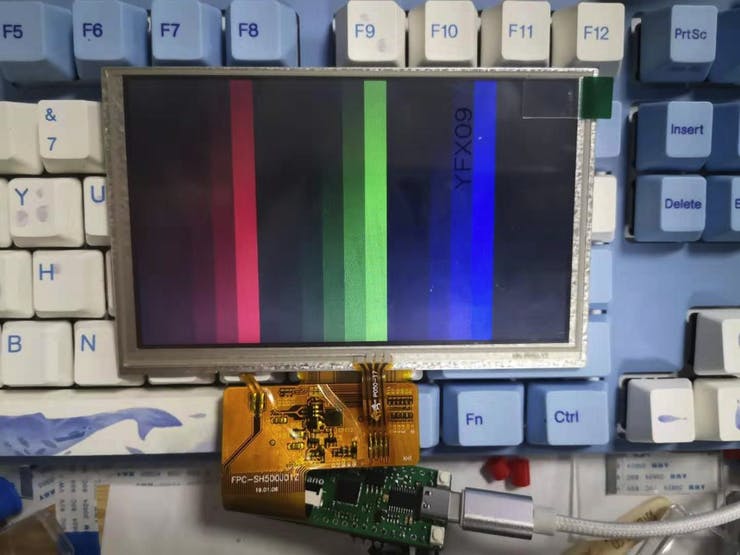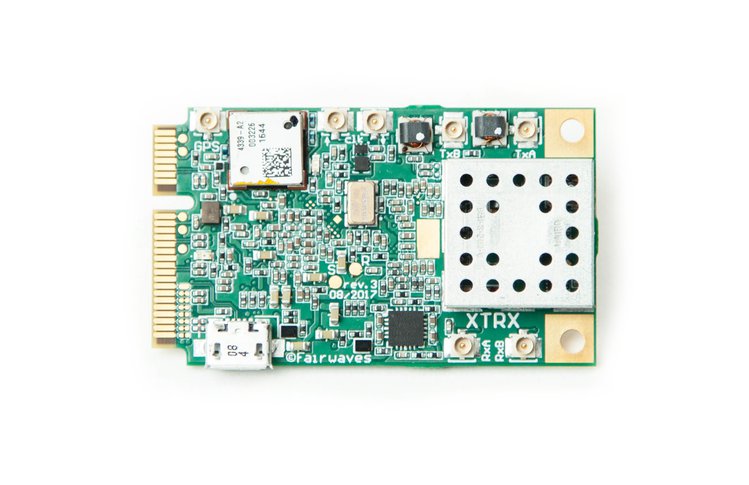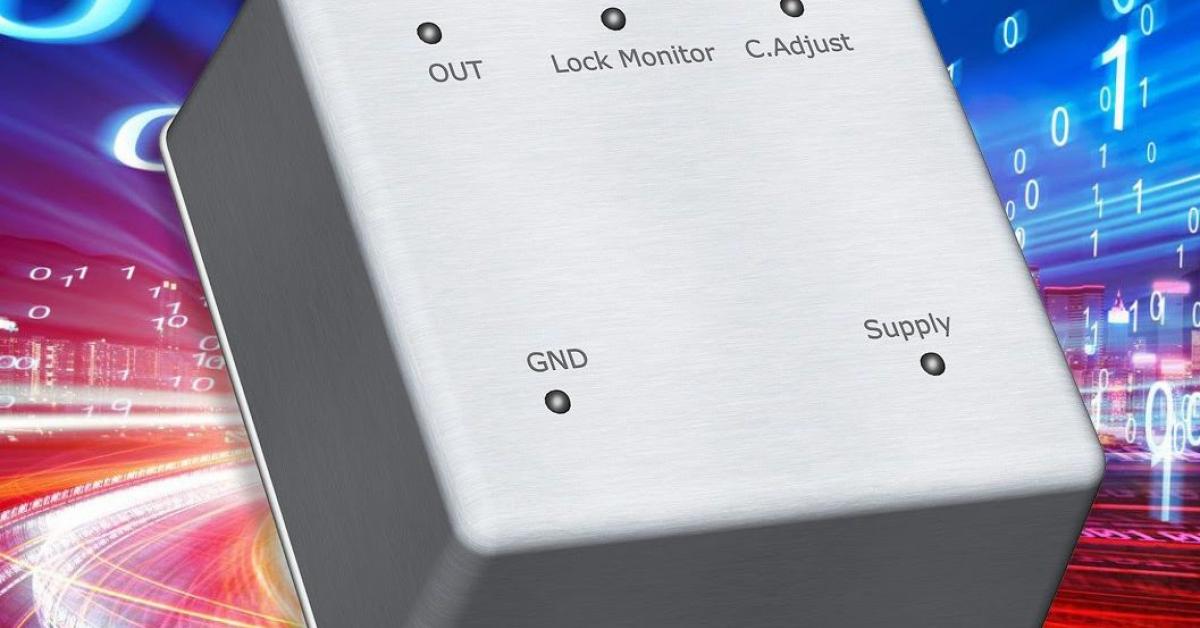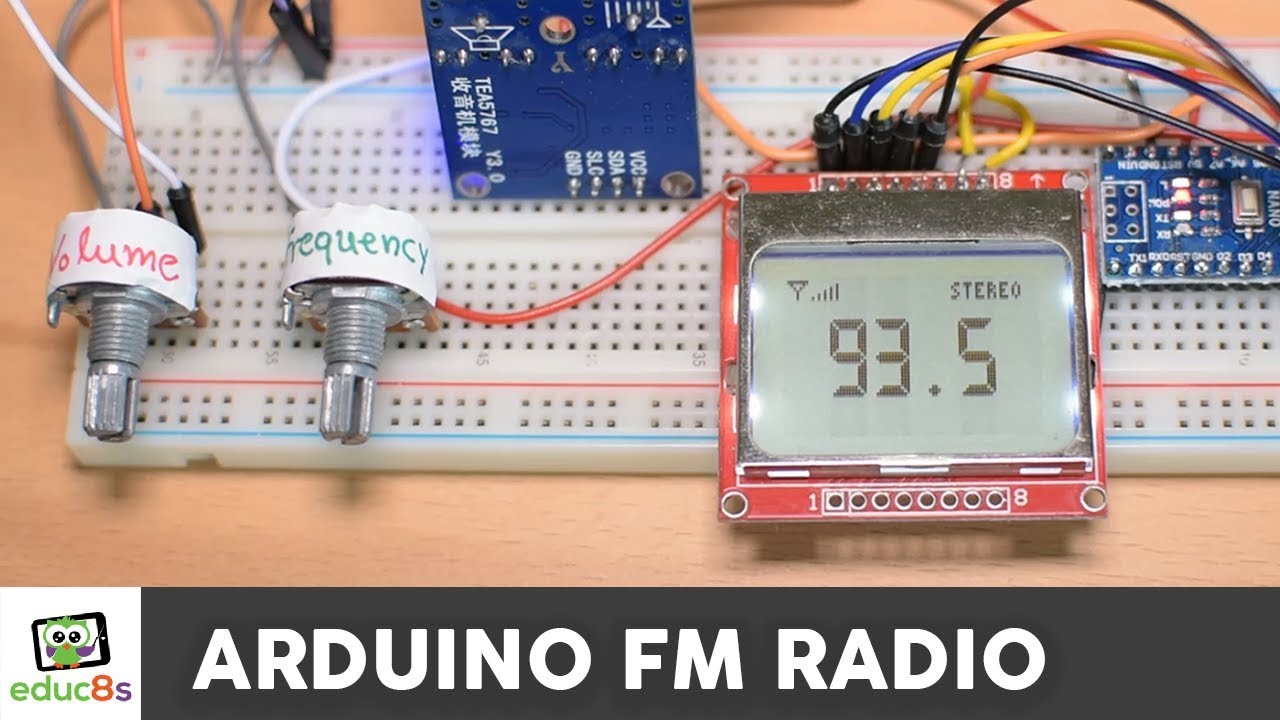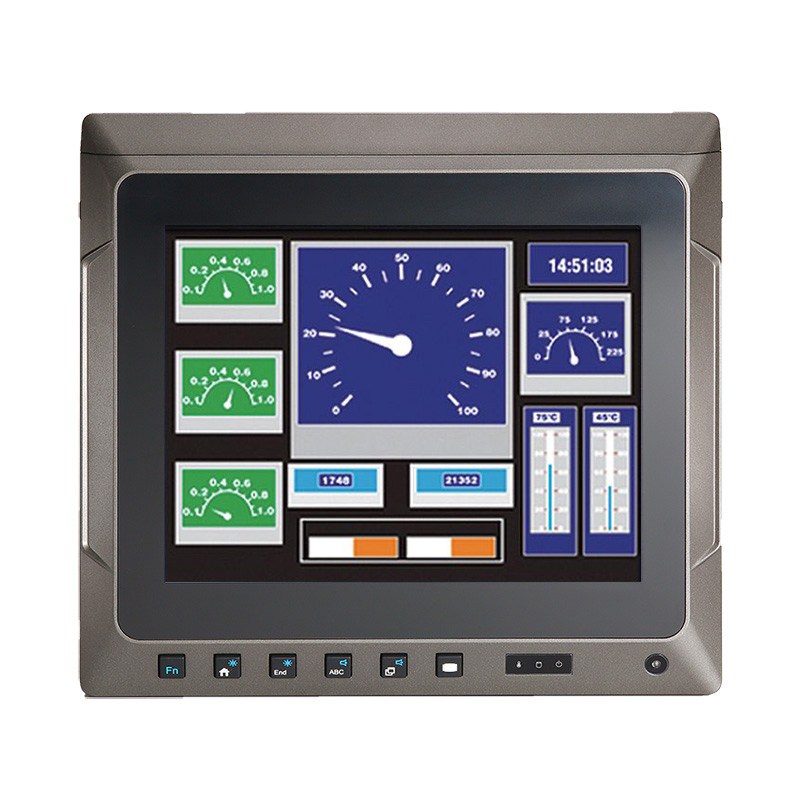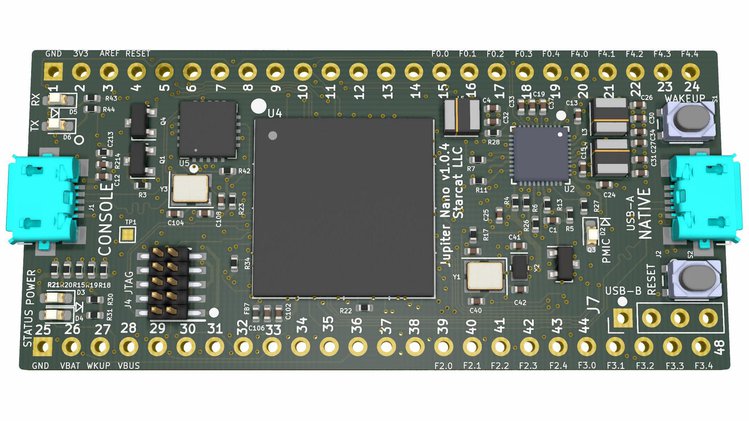
Jupiter Nano – Tiny, high-performance computer that runs Linux, or the NuttX real-time operating system
Jupiter Nano is an open-source hardware development board that runs NuttX RTOS or Linux. It has a tiny 48-pin form factor (1.125″ x 2.5″, similar in size to the Teensy 4.1) and is 10x more powerful than the Arduino Due.
Jupiter Nano is perfect for Arduino users who need a tiny, powerful computer with more CPU power, lots of RAM, or an internet-connected real-time operating system (NuttX). It should also be attractive to any Linux users who need a tiny, open-source hardware computer with lots of I/O and high-speed Wi-Fi. The applications for a board this small, and this powerful, are nearly endless.
Features & Specifications
- Open-source hardware development board
- Runs NuttX RTOS or Linux
- Size: Tiny 48-pin form factor (1.125″ x 2.5″, similar in size to Teensy 4.1)
- Programming: JTAG port for programming and debugging
- CPU: Microchip SAMA5D27C-LD1G running at 498 Mhz
- DRAM: AP Memory AD2100XXX 128 M x 32 LPDDR2 DRAM chip integrated into system-in-package (SIP)
- Power management: Quorvo ACT8945A with integrated LiPo battery charging capability
- Power delivery: Compatible with many LiPo batteries
- Designed in KiCAD: the hardware design can be altered using 100% open source KiCAD software
- 10x more powerful than the Arduino Due:
- ARM Cortex A5 processor running at 498 Mhz (7x clock speed of the Arduino Due)
- 128 MB RAM (1280x RAM of Arduino Due)
- Key peripherals use DMA (USB, SPI, I2C, Flexcom)
- I/O:
- USB 2.0 HS port on USB-micro B jack (Port A, 480 Mbps, host or device)
- USB 2.0 HS port on a pin-header connection (Port B, 480 Mbps, host only)
- USB 2.0 FS Debug console port on USB-micro B jack (12 Mbps)
- SD Card slot – 50 MHz DDR – device boots from the card (this means it is impossible to brick the device)
- Native SPI and I2C ports
- 4 FLEXCOMs on I/O pins – flexible serial controller peripherals that can be SPI, UART, or I2C
Open Source
Open-source information, such as the board KiCAD files, schematics, project files, and software will be provided once the campaign is fully funded.
Photos and text are sourced from www.crowdsupply.com





